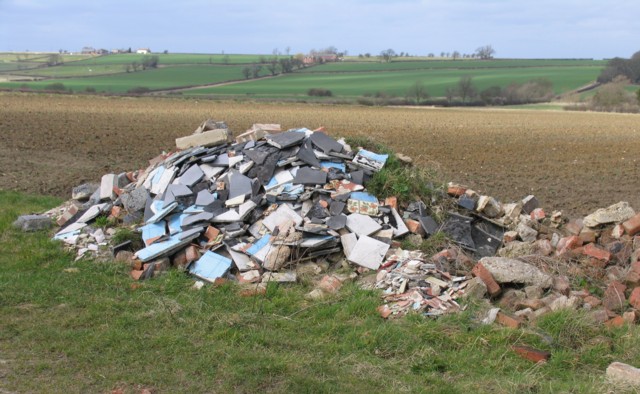“That’s how it’s done."

On February 27, EU lawmakers voted overwhelmingly to make the most serious cases of environmental damage a crime. The vote in the European Parliament saw 499 votes in favour a, just 100 against, and 23 abstentions.
Under the updated environmental crime directive, those responsible for the deliberate destruction of the ecosystem, including illegal logging and habitat loss, will face tougher penalties, including prison sentences.
The vote means that the European Union is the first international body to criminalise eco crimes. EU member states now have two years to bring the updated directive into national law.
The move was hailed by environmentalists across Europe. The EU is “adopting one of the most ambitious legislations in the world,” said Marie Toussaint, a French lawyer and MEP for the Greens/European Free Alliance Group.
“The new directive opens a new page in the history of Europe, protecting against those who harm ecosystems and, through them, human health. It means putting an end to environmental impunity in Europe, which is crucial and urgent,” she added.
In its latest assessment on environmental crime, Europol, the European Union Agency for Law Enforcement Cooperation, warns how crimes against the environment threaten the survival of all living species. They also have a huge financial impact, which is set to increase further.
“Opportunities for high profits, legal discrepancies among countries, low risk of detection and marginal penalties make environmental crime a very attractive business for criminal entrepreneurs,” the assessment states.
The decision to criminalise ‘ecocide,’ that is the destruction of the natural environment by deliberate or negligent human action, was embraced by environment and pro-Europe groups in the UK.
“That’s how it’s done,” said Mike Galsworthy, chair of the European Movement UK, in reference to the vote.
“Bring it on,” wrote anti fossil fuel campaigners, Raw Foundation.
“An excellent start,” said Space4Wildlife.
“Finally,” said Victoria Johnson, an associate professor of political sociology.
In the UK, calls for making ecocide a crime are growing. In September 2023, Camden became the first UK council to call for the destruction of nature to be formally recognised as a crime. A motion urging for ecocide to be recognised as a crime that damages the environment and endangers the future of the planet, received cross-party support from councillors.
A group of lawyers were brought together by the Stop Ecocide Foundation, which argues ecocide should be added to the crimes considered by the International Criminal Court. In a speech at the time, Professor Philippe Sands KC, asked Camden Council to support the idea of making environmental breaches an international crime. He defined “ecocide” as the “unlawful or wanton acts committed with the knowledge that there is a substantial likelihood of severe and either widespread or long-term damage to the environment being caused by those acts.”
He said the council’s move would “send a signal to councils around the world: to Mexico, to Columbia, to Bangladesh, Cameroon.”
“The motion before you is really to push international consciousness. Act global think local, think local act global,” he added.
Gabrielle Pickard-Whitehead is a contributing editor to Left Foot Forward
To reach hundreds of thousands of new readers we need to grow our donor base substantially.
That's why in 2024, we are seeking to generate 150 additional regular donors to support Left Foot Forward's work.
We still need another 117 people to donate to hit the target. You can help. Donate today.



